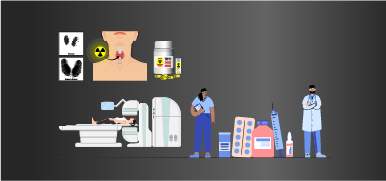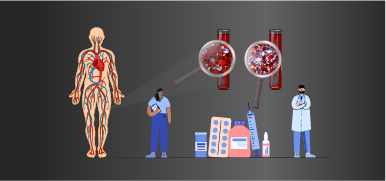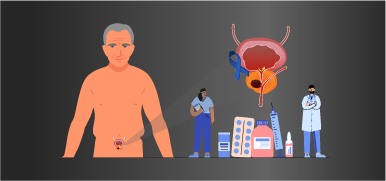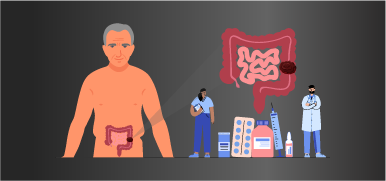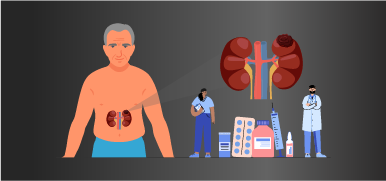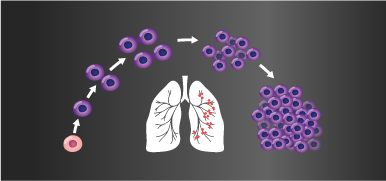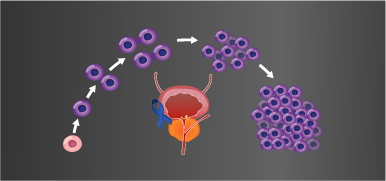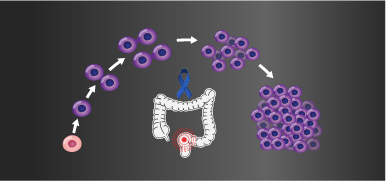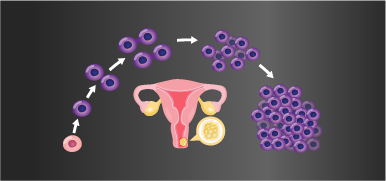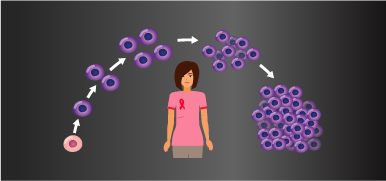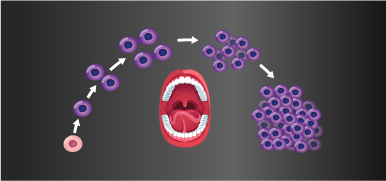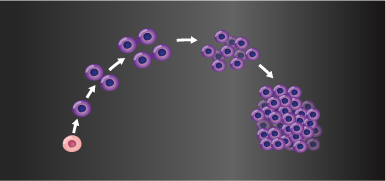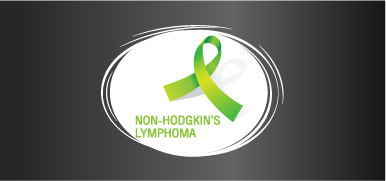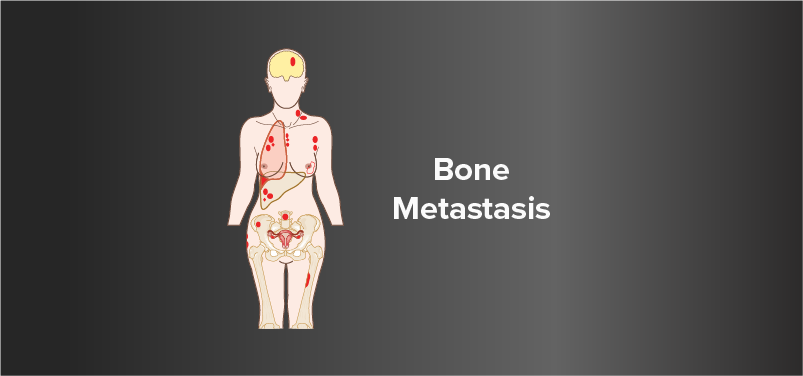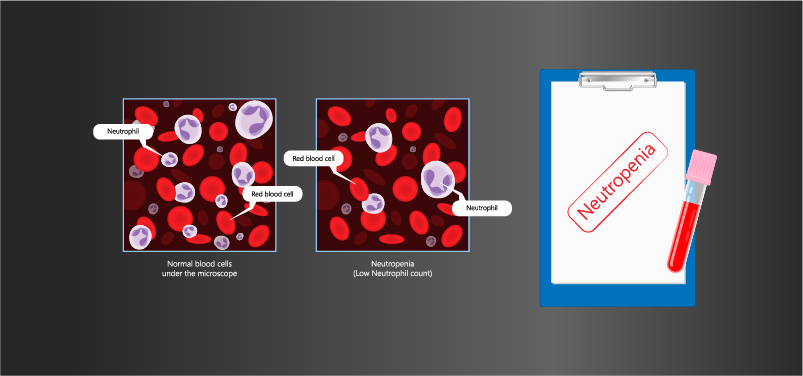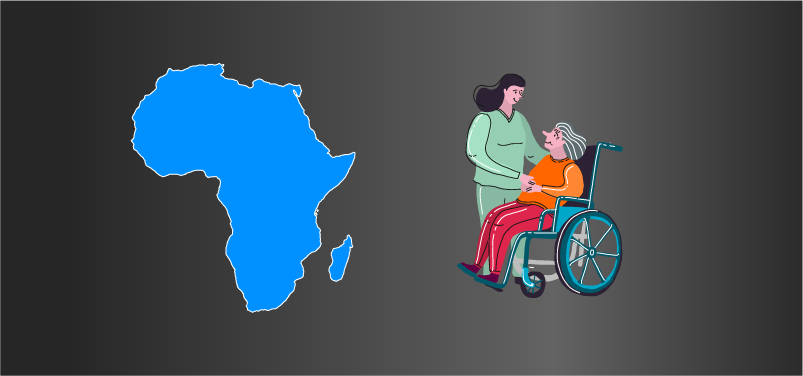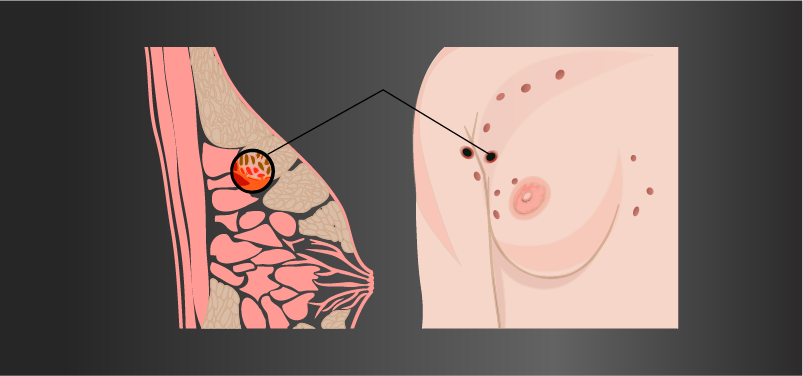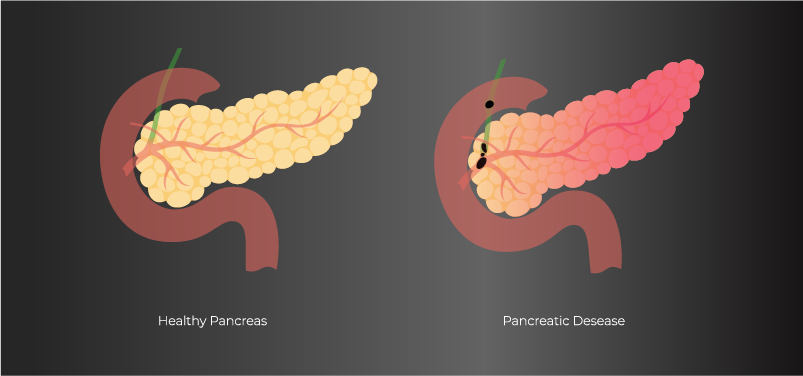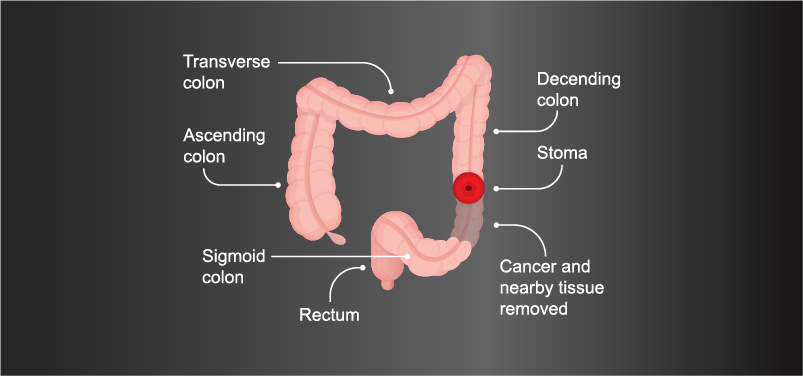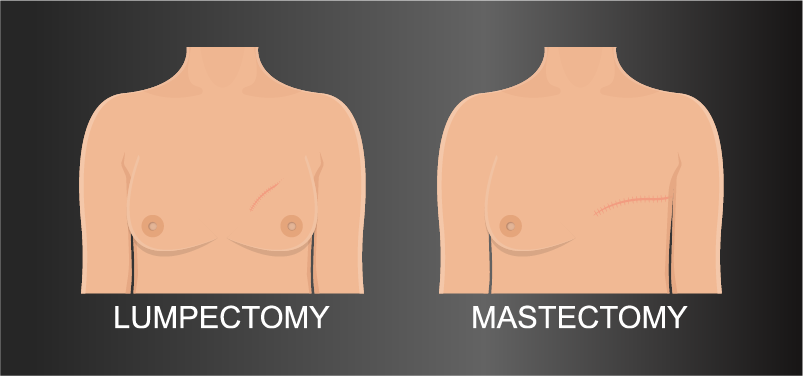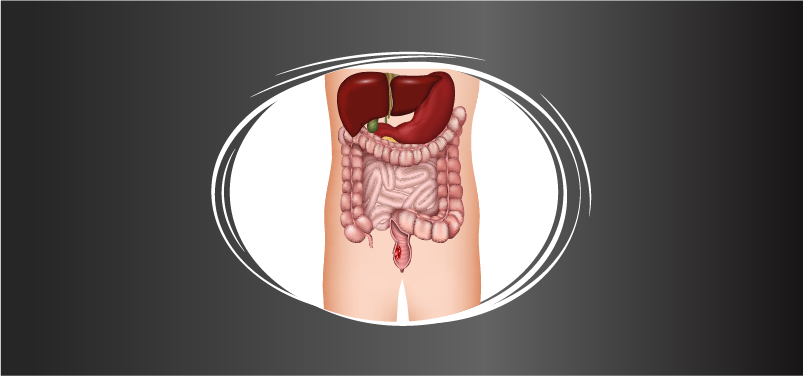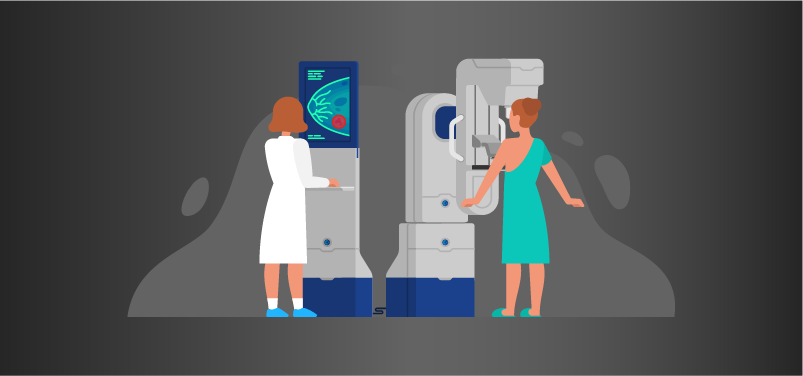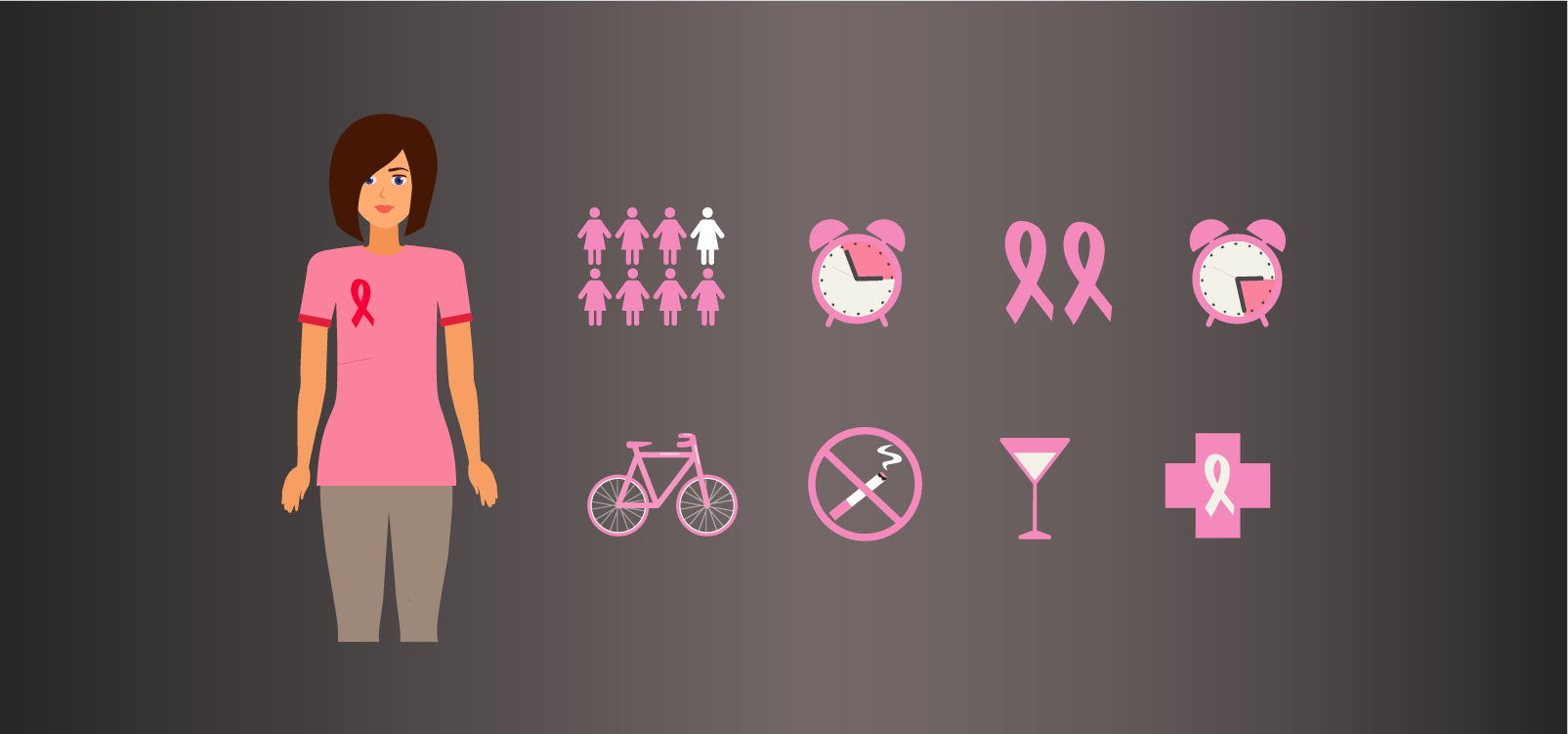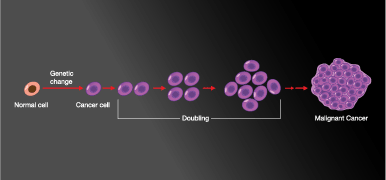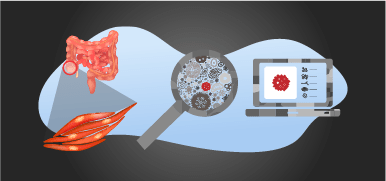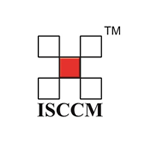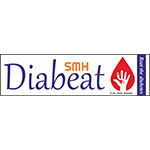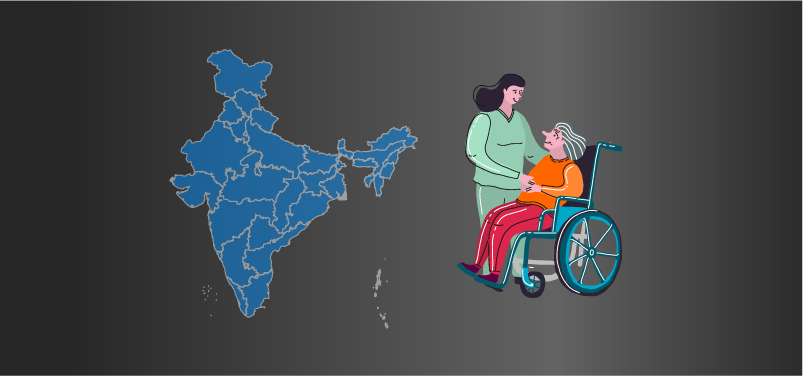

-
 Skill Levelintermediate
Skill Levelintermediate -
 Enrolled 1,432 students enrolled
Enrolled 1,432 students enrolled
Enquire now
Key concepts covered include:
By the end of the module, you should be able to:
- Describe accurately a holistic palliative care assessment to others in your team.
- Describe accurately how palliative care fits into the care of a patient with a life limiting illness.
- Carry out a holistic assessment with a patient and their family or carers relevant to your role.
- Share learning with your team on basics of how to deliver palliative care.
- Acknowledge and identify barriers to effective communication.
- Identify ways to overcome such barriers.
- List 6 points to consider to help effective communication.
- Describe to a new colleague why people may use ‘denial’ and ‘collusion’ as communication strategies and suggest ways to manage such a situation.
- Outline your framework for effective team working
- For a given patient, identify who can be part of a team delivering palliative care (including family).
- Share your knowledge about community care and team working with a new colleague.
- Correctly diagnose confusion/delirium and identify likely possible causes.
- Outline an appropriate a management plan for such a patient.
- Share your knowledge with a new team member by leading an education session.
- Correctly identify causes and mechanisms for constipation and bowel obstruction in palliative care patients.
- Outline an appropriate management plan for such patients.
- Share your knowledge with the rest of the team.
- Identify the key issues in end of life care.
- Describe some of the barriers to effective end of life care.
- Describe a model of good end of life care to others.
- Outline the key ethical principles.
- Describe a decision making framework to help structure a response to an ethical dilemma.
- Describe the care of a patient and their family using an ethical framework.
- Share your knowledge of ethical frameworks with others in your team.
- Correctly identify fatigue, anorexia and cachexia in patients needing palliative care support.
- Appropriately describe hydration and nutrition issues for patients and their families needing palliative care support.
- Outline an appropriate management plan for a patients and their family experiencing these symptoms and issues.
- Share your knowledge with the rest of the team.
- Correctly list the features of a normal and of a complicated grief reaction.
- Describe to a new colleague how to support anticipatory grieving.
- Appropriately demonstrate by discussing a case how you identify and potentially manage risk factors for complex grief.
- Share your knowledge about grief and bereavement with the rest of your team.
- Describe to a colleague the effects of cancer on a patient.
- Describe the treatments available for cancer and what is available in your locality.
- Describe to a new colleague how palliative care can be part of cancer care.
- Share your knowledge with the rest of your team.
- Describe to a colleague the effects of serious life limiting illnesses other than cancer.
- Outline an appropriate management plan for the issues faced by a patient and their family.
- Share your knowledge with the rest of the team.
- Correctly recognise and list the different opioids.
- Correctly describe the supply, safe storage and prescribing requirements for opioid analgesics.
- Appropriately prescribe and review opioid analgesics.
- Share your knowledge with other health care professionals.
- Correctly identify problems around mouth care and skin care, including wound care and lymphoedema.
- Describe an appropriate management plan for a patient with these problems.
- Identify available local resources and team members who can help support patients with these problems.
- Share your knowledge with the rest of the team.
- Outline the needs of a child with an incurable condition.
- Describe to a colleague your management plan for the palliative care needs of a child.
- Share your knowledge with others.
- Identify the important elements for effective pain management.
- Describe the challenges to providing good pain assessment and ongoing management.
- Undertake a holistic pain assessment and describe initial management.
- Teach others the important elements of pain management that they need for their role.
- Correctly describe the usual features of an emergency situation in palliative care.
- Outline an appropriate management plan for someone with one of these situations.
- Share your knowledge with new team members by leading an education session.
- Describe the usual psychosocial issues that patients who need palliative care face.
- Outline an appropriate management plan for a patient with psychosocial needs.
- Appropriately identify who is able to help support the patient with psychosocial needs.
- Share your knowledge with others.
- Correctly identify respiratory symptoms and their cause in a patient requiring palliative care support.
- Outline an appropriate management plan for the symptoms with and without medication.
- Identify people who are able to support patients with respiratory symptoms.
- Share your knowledge with the rest of the team.
- Appropriately identify spiritual issues in a patient needing palliative care.
- Outline an appropriate management plan for spiritual issues in a patient needing palliative care.
- Describe how your practice has changed or developed as a result of engaging with this module.
- Share your knowledge with the rest of the team.
- Correctly identify what is the likely cause of nausea and vomiting in patients needing palliative care.
- Outline an appropriate management plan for a patient experiencing these symptoms.
- Share your knowledge with the rest of the team.
- Understand the various aspects of a holistic assessment and be able to apply a holistic assessment to your own patients.
- Use the cases to inform your own practice.
- Use the cases to share knowledge, understanding and to teach others.
What you'll learn
This course focuses on the core principles and best practice for delivering effective palliative care in India. It has been developed in partnership with Karunashraya Hospice, Bengaluru and Cardiff Palliative Care Education Team, Wales.
Curriculum
 Last Updated 07/2021
Last Updated 07/2021









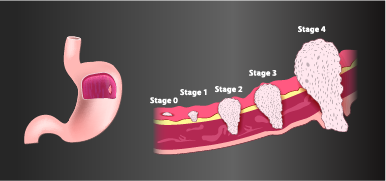
 2.8K
2.8K


